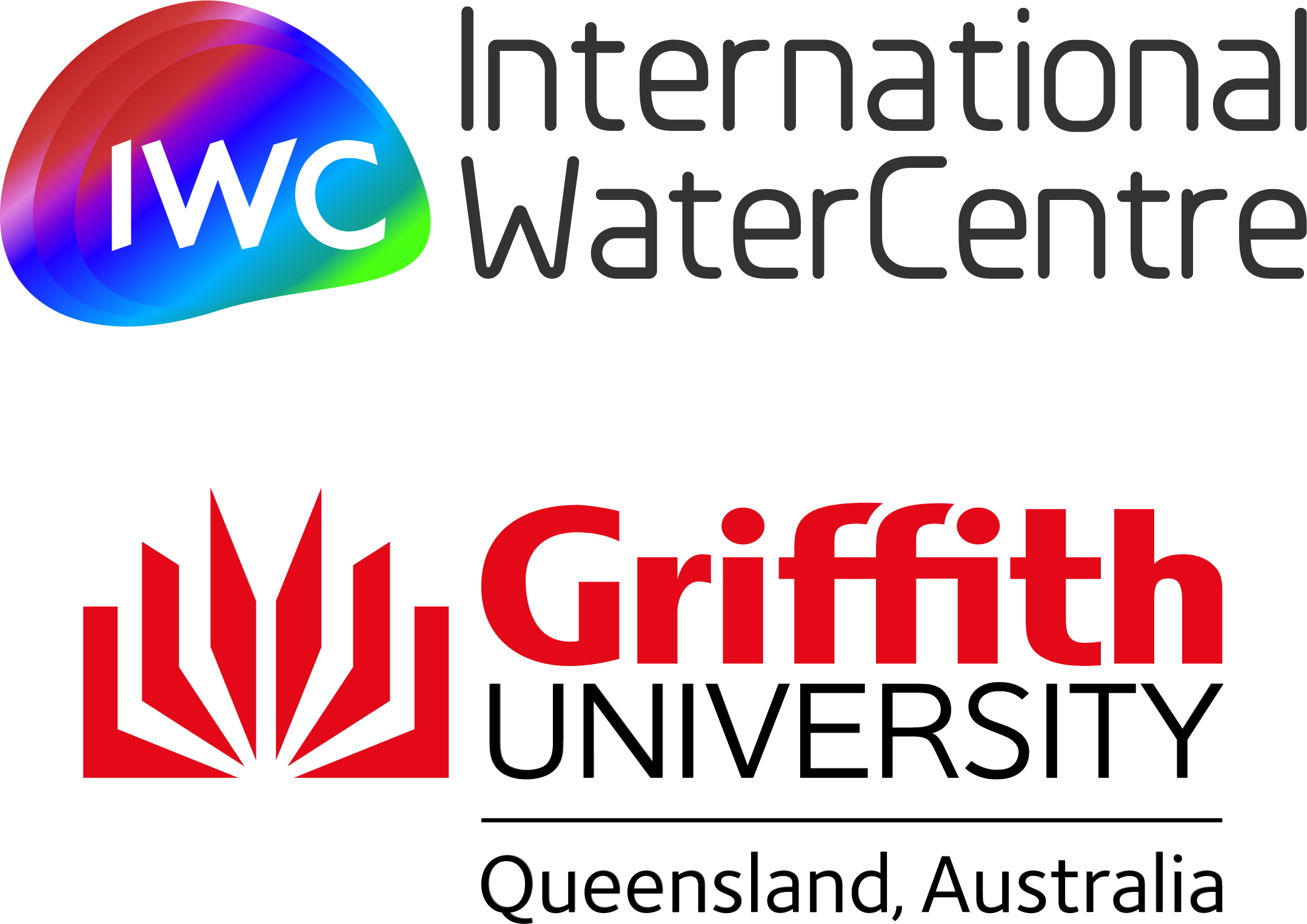Professionalising rural water supplies – sharing lessons and strategies across regions
Delivered by: Aguaconsult, International WaterCentre (Griffith University)
Over the past three decades, community-based management (CBM) has become the predominant model promoted by the global development sector and adopted in many national sector policy frameworks as part of the governance of rural water supply in low and middle-income countries. This is true in most parts of sub-Saharan Africa as well as most of Latin America and in many countries across Asia; community-management is the main approach for rural water across many Pacific Island nations. Several countries within the Organization for Economic Co-operation and Development grouping, also contain large and relatively dispersed rural populations that still rely on CBM.
Since the 2000s, governments have increasingly recognized the limitations of CBM arrangements, manifested in persistent challenges with the sustainability and quality of services and there have been growing calls to ‘professionalize’ rural water provision. Largely driven by these challenges, but also in part as a response to growing expectations from rural dwellers from increasing inter-connectivity through ICT, as well as the political drivers generated by the adoption of targets set out in SDG 6.1, alternative models have been developed and tested in many countries more recent years. These alternatives include efforts to better formalize and support CBM itself, as well as household self-supply, promotion of private sector participation, both through small-scale private operators and structured lease agreements to attract larger, more formalized private companies, as well as the gradual expansion of public utilities into rural areas. Despite the emergence of these alternative models, CBM remains central for rural water provision in many countries.
Collectively, these experiences represent a concerted effort to move away from basic CBM and more fragmented approaches to rural water, which have historically relied heavily on NGO and development partner assistance, and a clear trajectory toward more formalized and better regulated alternatives delivering higher levels of service (and ultimately piped supply on premises). It is equally the case that CBM – and the need to rely on communities for some aspects of the organization and delivery of their water services – will not disappear overnight. This transition from a more homogenous policy offering to a more pluralist set of management alternatives, therefore must account for a range of rural consumers and markets, including highly dispersed communities.
Learning or other Objectives:
Participants will gain insights into global lessons on the evolution of rural water supply management and structural issues associated with improving management performance.
The session will allow participants to both learn from international experiences and apply an analytical framework to their own sector or regional contexts, to give participants insights into key bottlenecks and areas of opportunity to inform their own work as change agents working at different levels in the WASH system, including from policy to practice. The pathways, and rapidity of transitioning to professionalised water supplies will vary between places – differences in key areas of interest to the conference demographic will be explored, including the Pacific and parts of Asia.


